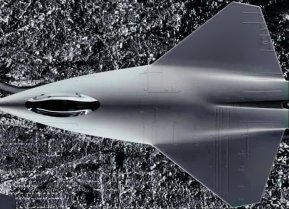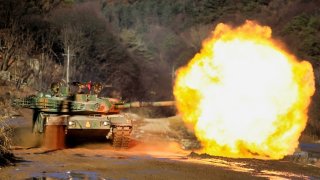Kamala Harris' North Korea Strategy: Can Bold Moves Break the Stalemate with Kim Jong-un?
The potential President Kamala Harris should take three major actions. Each is somewhat unilateral but also presents Kim with choices that he has not needed to face in the past six years.
The lethargy of recent U.S. policy and decades of failed sanctions have not changed the Democratic People’s Republic of Korea’s (DPRK) behavior or engaged its leader, Kim Jong-un, in sustained dialogue with the United States.
The Harris approach begins with a clear statement that the United States seeks full peace and security on the Korean Peninsula where sustained, productive dialogues replace dangerous escalating military provocations by all sides of the conflict. And that these lead to a security system less dependent on nuclear threats and weapons than the current reality.
This message can be conveyed privately to the DPRK or presented in more public forums. Whatever the medium, the administration outlines a set of creative initiatives designed to invite Kim to serious dialogue with the United States and our allies in the region. The dialogue can unfold through exploratory mid-level diplomatic working groups or higher-order summits. To show our declared goals are serious, the potential President Kamala Harris should take three major actions. Each is somewhat unilateral but also presents Kim with choices that he has not needed to face in the past six years.
The first specific initiative is the U.S. pledge to replace the seven-decade-old armistice that “ended” the Korean War with a full peace treaty. The United States states this overdue action serves as a cornerstone of our commitment to peace and security with DPRK in the region. We should state that we are open to this treaty involving other states in the region as supporting parties.
Secondly, the Harris administration should announce its willingness to suspend the sanctions on North Korean textile trade to create better employment conditions in North Korea and revive an industry that does not contribute to missile or nuclear developments.
Thirdly, the United States should engage in providing humanitarian aid to the DPRK in unprecedented ways, through international humanitarian organizations with access to North Korea, including relevant UN agencies. These will include previously prohibited agricultural supplies, in addition to increases in food assistance and medical products.
While making these “unreciprocated concessions” as those opposed to these actions will call them, President Harris will add a third action that does not seek DPRK cooperation at the outset. Building from recent U.S.-South Korea-Japan efforts, the Harris administration will lead an aggressive global effort to shut down the criminal crypto networks directed by the DPRK Reconnaissance General Bureau (RGB) and related actors.
RGB theft of monies and assets on the blockchain or more directly has provided Kim with upwards of $3 billion over the past five years. No project can be more security enhancing for nations, banks, and private businesses Heading 1worldwide, while also denying Kim his nuclear funding than this action.
Much more detail underscores each of these bold policies and they might complement other new proposed policies. The significant challenge to a Harris administration regarding North Korea will be holding domestic critics at bay while the president moves forward. The president must state that none of these actions are coddling a dictator.
Rather, the cyber action and our existing military strength in the region underscore these new policy actions should not be read as weakness, by the Kim regime or detractors in the United States. But the proactive programs enacted provide some basis for the next steps in a very long process of attaining wider U.S. goals in the region and with DPRK.
About the Author
George A. Lopez is the Hesburgh Professor Emeritus of Peace Studies at the Kroc Institute for International Peace Studies. He served on the United Nations Panel of Experts (1874) on North Korea for 2010-11 and 2022-23. He has written frequently about sanctions on North Korea and the search for peace on the peninsula.
Image Credit: Creative Commons and/or Shutterstock.


